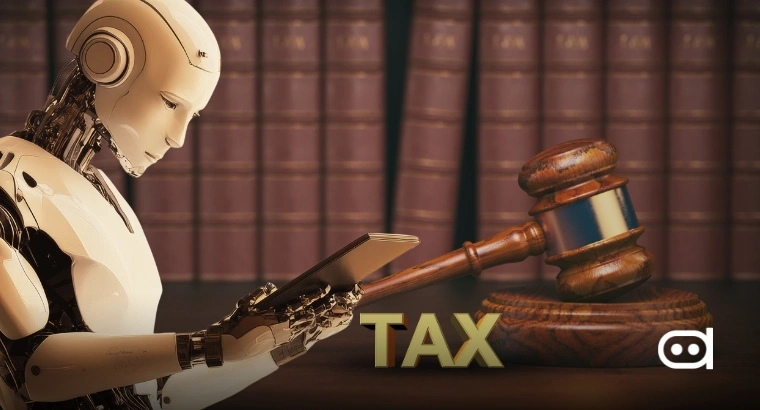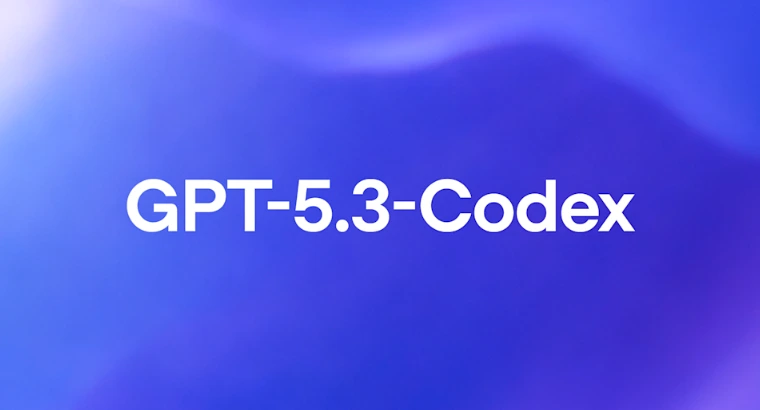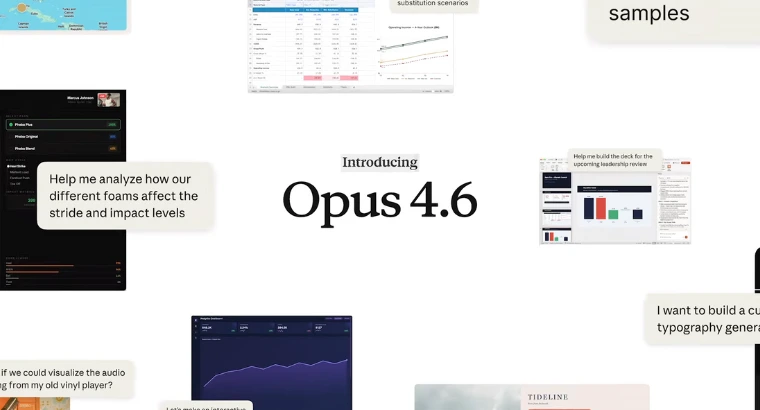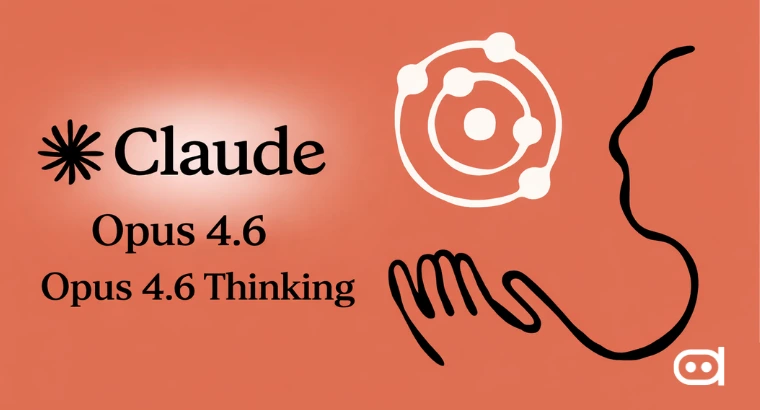
- First-tier tribunal rules HMRC must disclose AI usage in R&D credit decisions
- Tax expert Tom Elsbury wins FOI battle after detecting AI patterns in rejections
- Judge finds public interest favors transparency over HMRC secrecy concerns
HM Revenue & Customs has been ordered by a first-tier tribunal to reveal whether artificial intelligence was used in making R&D tax credit decisions, following a Freedom of Information battle initiated by tax expert Tom Elsbury.
The ruling requires HMRC to comply with the disclosure request by September 18, overturning previous decisions by both the tax office and the Information Commissioner’s Office.
According to a report by FT, Elsbury filed the FOI request in December 2023 after identifying patterns in HMRC rejection letters that suggested automated decision-making processes.
Several tax advisers reached similar conclusions about potential AI usage based on standardized language and response patterns in official correspondence from the tax authority.
Tribunal Finds Public Interest Favors Transparency
Judge Alexandra Marks ruled that “the balance of the public interest lies in disclosing the information requested,” rejecting HMRC’s argument that transparency would assist fraudulent claimants.
The court found Elsbury’s self-represented arguments “compelling” regarding the need for disclosure about AI usage in tax decisions.
HMRC had refused the original request, claiming that revealing AI usage would help individuals attempting to incorrectly claim tax relief. The Information Commissioner’s Office initially supported this position, but the tribunal disagreed with both agencies’ reasoning.
The judgment concluded that HMRC’s failure to confirm or deny holding relevant information “reinforces the belief based on indicators in HMRC correspondence dealing with R&D claims that AI is being used by HMRC officers — perhaps in an unauthorised manner — thus undermining taxpayers’ trust and confidence.”
Concerns Over Unauthorized AI Implementation
Elsbury, who founded R&D tax relief software platform Novel, argues the public deserves to know “if AI is concluding or forming a decision in tax enquiries” across R&D and other tax areas.
His concerns extend to potential unauthorized use of public language models like ChatGPT for assessing sensitive commercial information.
The case raises questions about safeguards and accountability when AI tools influence government decisions affecting taxpayers.
Elsbury emphasized the need for transparency about penalties levied based on AI-informed decisions and proper protection of confidential business information.
Particular concerns arise regarding defense-related R&D claims that may involve classified or sensitive military technologies.
Elsbury warned that improper AI usage could cause “catastrophic consequences” if details about innovative defensive or offensive weapons systems developed for the Ministry of Defence were exposed.
R&D Tax Credit System Under Increased Scrutiny
HMRC has intensified R&D tax credit oversight following discoveries of massive fraud and error rates within the system.
However, professional bodies and tax experts warn that anti-fraud measures have created collateral damage, causing legitimate claims to be rejected and deterring genuine applicants.
The tribunal ruling comes amid broader concerns about HMRC’s handling of R&D tax credits, with many businesses reporting difficulties obtaining relief for legitimate research and development activities.
Several companies have abandoned applications due to perceived bias in the assessment process.
The case highlights tensions between preventing fraud and maintaining fair treatment of legitimate claimants. Tax advisers argue that lack of transparency about decision-making processes undermines confidence in the system’s fairness and accuracy.
The ruling raises broader questions about government agencies’ use of AI tools without proper disclosure or oversight.
Elsbury’s victory could establish precedent for transparency requirements when public bodies use artificial intelligence in decision-making processes.
The Information Commissioner’s Office has chosen not to appeal the decision, stating it “respects the Tribunal’s decision.” HMRC indicated it is “carefully reviewing the decision and considering next steps,” suggesting potential appeal consideration.











